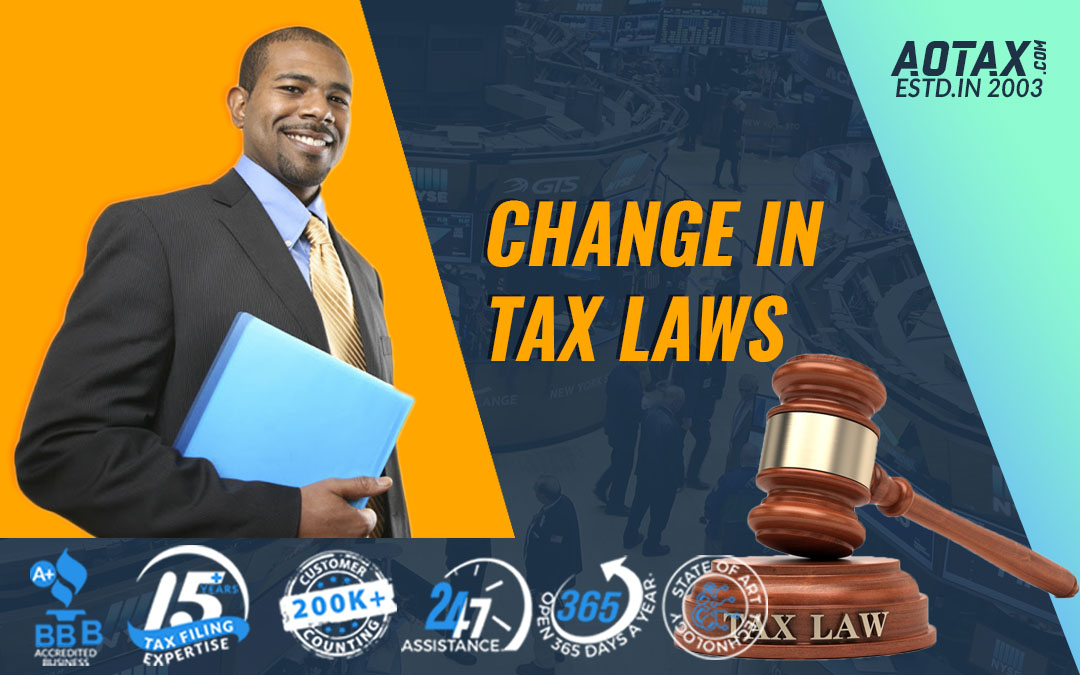
What does the Coronavirus Stimulus Package mean for you?
What does the Coronavirus Stimulus Package mean for you?
The Coronavirus Aid, Relief and Economic Security (CARES) Act was signed into law by the US President on 27th March 2020. This is an economic relief package worth $2 trillion which commits of protecting the Americans from the hazardous impacts caused by the COVID-19. The Coronavirus Stimulus package would help provide some amount of relief to the Americans affected by the pandemic.
Let us talk about the different facets included within the Coronavirus Stimulus package which would help provide economic assistance to the Americans.
Stimulus Checks
Through the CARES Act, around 80% of the American population would be eligible to receive a one-time payment in the form of Stimulus Checks. The amount that would be received as Stimulus payment is mostly dependent on the Adjusted Gross Income (AGI) of the taxpayers. AGI of an individual can be obtained from Line 8b of Form 1040. It is calculated by the Gross income of an individual minus the adjustments made for eligible deductions like IRA deduction or interest on the Student loan, etc.
- If you are filing your tax returns as a single filer and your AGI is below $75,000 then you are eligible to receive Stimulus payment of $1200.
- In case, you are claiming a dependent below 17 years of age then you would be eligible to obtain an additional $500 for the dependent.
- However, there would be a reduction in the Stimulus payment by $5 for every $100 rise in AGI above $75,000.
- In case, you are married and are filing your tax returns jointly then your AGI must be below $150,000 to obtain a Stimulus payment of $2400. You can also obtain an additional $500 if you can claim a dependent below the age of 17 years.
- Moreover, in this case, also there would be a reduction of $5 from the Stimulus check for every $100 increase in AGI above the $150,000.
- For individual tax filers, if the AGI is above $99,000 and no dependent has been claimed by the individual then Stimulus payment will not be received by the individual.
- Similarly, for married couples filing tax returns jointly if the AGI is more than $198,000 and no dependents are being claimed then the Stimulus payment would not be received.
Unemployment payments
- There would be an increase in the unemployment payment for four months through 31st July 2020 by an amount of $600 per week.
- This increase in unemployment payment would be applicable for those who were not qualifying for any employment including freelancers, self-employed individuals, gig workers, part-time employees, etc.
Relief on the payment of Student Loan
- The employers would be able to make the payment of the Student loan on behalf of the employees in a tax-free manner. This payment of the Student loan could be up to $5250 in a year.
- This implies that there would be an exclusion of the loan payment done from the income of an employee.
- This provision is being implemented from the date of signing of the CARES Act into law i.e. from 27th March 2020 until 1st January 2021.
Delay in the payment of Social Security Payroll tax
A portion of the Social Security Payroll tax needs to be done by the employers and this is even applicable to the self-employed individuals. According to the provisions of the CARES Act, the employers can make a certain delay in the payment of their part of the Social Security payroll tax for the rest of the part of the year. The liability can be paid easily over the next two years.
Economic assistance for Small businesses and Self-employed individuals

- By the CARES Act, the Small Business Administration has been provided with $349 billion for distributing it among self-employed individuals, independent contractors, and non-profit organizations by the Paycheck Protection Program (PPP).
- The Federal Reserve Lending Program would also be receiving support in the form of $454 billion. This amount has to be utilized in providing economic support to non-profit/small businesses that have a workforce of around 500-10,000 employees. The major objective of providing aids to these Small businesses is to retain their workforce by providing them compensation and benefits.
Waiver of penalty for the early withdrawal of retirement funds

- A qualified individual who has been affected by COVID-19 might need to withdraw money from his retirement funds. In such a scenario, the individual would get a 10% waiver of the early withdrawal penalty. This waiver would be applicable for up to $100K of retirement funds.
- An individual would be qualified for this waiver only if
- An individual, his spouse, or his dependent have been diagnosed with COVID-19.
- An individual has been experiencing adverse financial conditions due to being quarantined.
- If an individual’s working hours have reduced or he is not able to work for taking care of his child as child care/schools have been closed due to COVID-19.
Hence, the Coronavirus Stimulus Package is an effective initiative by the Federal Government which would help reduce the stress of Americans caused due to the pandemic COVID-19.
References
- https://blog.turbotax.intuit.com/tax-news/what-the-coronavirus-covid-19-stimulus-bill-means-for-your-taxes-46623/
- https://home.treasury.gov/policy-issues/cares













Recent Comments